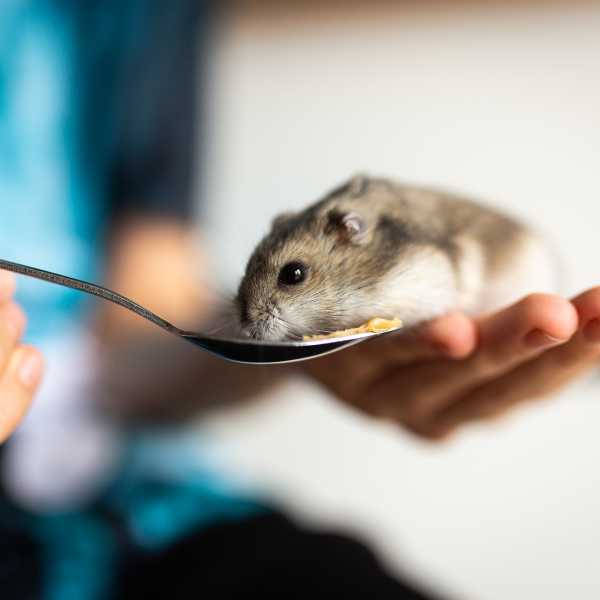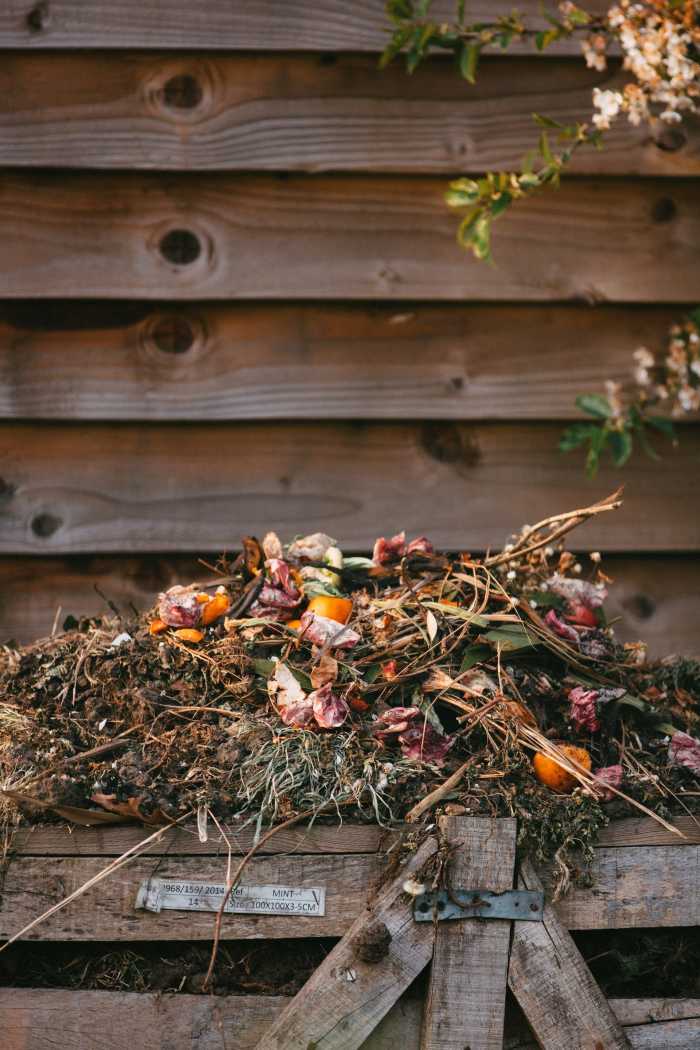
YardBarker - 20 essential things to know before you start composting
Posted on 23 January, 2023

Photo by Edward Howell on Unsplash
Written by Amy McCarthy for YardBarker
Whether you're looking to reduce waste at your home or just in search of excellent organic fertilizer, composting at home is a great way to find both. At-home composting has risen in popularity in recent years, and there's more information on beginning this eco-friendly hobby than ever.
Instead of getting overwhelmed by all the information out there for new composters, start with these 20 essential tips.
Find a container for collecting scraps
Collecting kitchen scraps like vegetable peels and eggshells is an essential part of composting that also requires a good container. Find a composting bucket that can fit in a tucked-away corner of the countertop or under the sink and definitely make sure it's equipped with a lid to keep icky smells contained.
Figure out what kind of bin will work best
Depending on your space's size and your garden's needs, there are a wide variety of compost bin options. You'll want one that's easy to use and clean, and that can be positioned conveniently near your garden or kitchen for easy disposal.
Learn the importance of mixing "greens" and "browns"
When it comes to making your compost mix — read: the scraps and clippings that will eventually become nutrient-rich fertilizer — it's important to layer in equal parts "greens," or fresh organic matter like vegetable scraps, and "browns," like cardboard and dead leaves, into your bin to ensure that the composting process goes smoothly.
Memorize the items that can go in a compost bin
Way more than just veggie scraps can go into your compost bin. If it's plant-based and made from organic (read: carbon-based, not USDA certified) matter, it's probably a good fit for your compost bin. Don't forget about things like sawdust, lawn clippings, and old newspapers, either.
....and what can't go in your compost bin
Some waste, like leftover bacon grease and ashes, shouldn't be added to your compost bin. The same goes for plants in your garden that have been infected with disease, chemical fertilizers, and of course, dog and cat poop.
Find the perfect spot for your bin
In addition to considering placing your bin in a convenient spot for dumping scraps, you'll also want to make sure that it's not in a spot that's too sunny. If the pile gets too hot, the beneficial microbes could die off, so it's best to ensure that the compost bin stays in a spot that gets at least some shade. You'll also want to put it directly into the soil of your yard, if possible, to encourage beneficial critters and good bacteria from the ground to help build your little ecosystem.
Aerate regularly
Your compost needs a little boost from oxygen every once in a while, which means that you'll need to aerate it with a garden spade or small shovel every couple of days. Alternatively, you could purchase a tumbler composter that's easily rotated by a motor or hand-crank for both less work and compost that's ready faster.
Keep weeds away
It can be tempting to toss those giant handfuls of weeds that you've just pulled out of the garden into the compost pile, but don't! If the weeds have gone to seed, you'll just end up putting them right back into the garden after a quick growing cycle.
Prepare for some troubleshooting
Depending on the types of scraps you use and the climate where you live, it may take a bit of time to get your compost pile going. You'll likely find that your mix needs a bit of tinkering — if your climate is arid, you'll need more fresh ingredients than dry, and vice versa — and that's all part of the process.
Build a consistent habit
If you want your compost pile to thrive, you'll have to make sure to maintain it regularly. Keep a bucket in the kitchen and fill it with scraps daily, and make sure that you're aerating the pile often. If you do find that your compost pile's been neglected for a few days, you can always give it a boost with fresh scraps and yard clippings.
Consider worms
Even though they look a little creepy, earthworms can be invaluable partners in the composting process. The worms essentially do the work of composting for you, creating rich fertilizer as they digest food scraps and other organic materials. You can purchase a compost bin specifically for worm composting, or make an easy DIY version with a large plastic bin.
Keep things moist
Water is an essential part of the composting process, and it's important to make sure that your compost pile stays moist to keep all the little microbes that break down those scraps into fertilizer happy. Use a hose or watering can to add water to the top of the pile, then aerate to ensure the moisture gets all the way to the bottom.
Think small
When it comes to cutting scraps and collecting "browns" like cardboard and dried leaves, make sure that your compost pile is mostly comprised of small pieces. Large pieces of vegetable or other organic matter take too long to break down and could invite vermin or disease to your otherwise healthy compost pile.
Be patient
Depending on the climate and types of scraps that you use, it may take up to a year or more before your compost is mature. That's okay, it's all part of a natural process that can't be rushed. Just make sure you're regularly feeding, aerating, and watering your compost pile, and the magic will — eventually — happen.
Learn when your compost is actually ready
After you've been waiting months for a compost pile to mature, it's easy to get impatient. You'll know that your compost is ready when it's dark brown, smells earthy, and has shrunk down to about half or a third of the size of your original composting pile. If it smells stinky or off, it may just need a little more time to mature.
Figure out where you're going to use your compost
Compost has a seriously wide variety of uses, from making lawns look healthier to enriching vegetable gardens. It can also be used in outdoor potted plants or as plant food that will provide a ton of nutrients.
Consider outsourcing to a company or community project
If you don't think you've got the time or space to keep up a compost pile, let someone else take over the job! Many municipalities and neighbourhoods offer community composting programs, while companies like CompostNow operate a bit like trash pick-up services that come with the added bonus of scoring a few bags of nutrient-rich compost that you didn't have to take care of.
Learn (and comply with) local laws governing composting
Some municipalities have regulations that prohibit or limit the ways in which people can compost at home. Visit your city's code enforcement website for its regulations on compost, and follow them. You don't want to be slapped with a pricey ticket for not adhering to the rules.
Wash your hands after handling compost
It seems like a no-brainer, but vegetable scraps and compost piles can be packed with bacteria and other microbes that you probably don't want to carry around on your hands. Make sure to wash your hands thoroughly after gardening with compost, especially under your fingernails.
Don't feel like you have to spend a ton of money
There is a slew of products out there that promise to make composting easier, but of course, they all come with a cost. If you don't have a lot of cash to start a composting set-up, go DIY! Composting can easily be done with a 100% DIY set-up, like a trash can composter or DIY worm compost bin made from scrap wood, that doesn't cost much.
To read the original article written by written by Amy McCarthy for YardBarker, please visit: https://www.yardbarker.com/lifestyle/articles/20_essential_things_to_know_before_you_start_composting/s1__36137261#slide_1
Tags:



